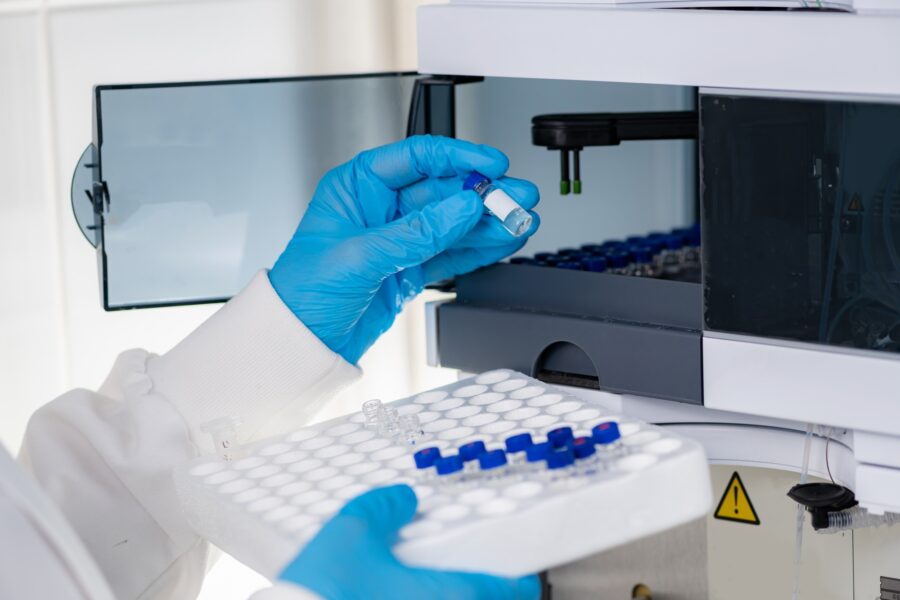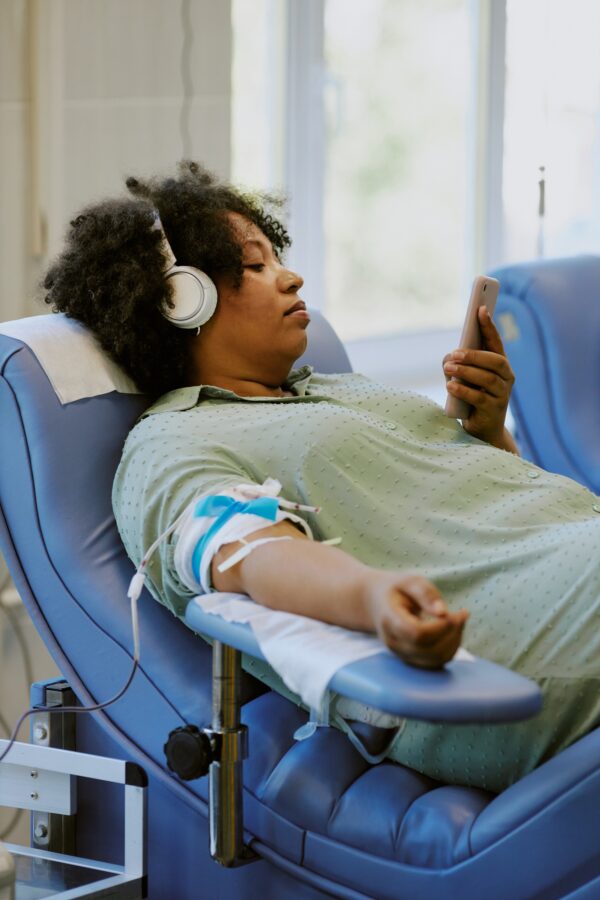T-cell Lymphomas & CAR T-cell therapy
CAR T-cell therapies are currently used to treat some B-cell lymphomas only. But some people have a different kind called T-cell lymphoma. These are harder to treat with CAR T-cells, and here’s why.
CAR T-cell therapy uses your own T-cells (a type of white blood cell) to fight cancer. But in T-cell lymphoma, the cancer is in the T-cells. That makes things more complicated.

Challenges with T-cell Lymphoma
Here are a few of the biggest challenges in treating T-cell lymphoma with CAR T-cells:
There’s a risk of cloning cancer cells by mistake.
To make CAR T-cells, doctors collect your T-cells from your blood. But if cancerous T-cells are in that mix, they might get collected too. When the cells are changed and copied in the lab, those cancer cells might also get copied. That means the treatment could make the lymphoma worse instead of better. This is a serious risk that researchers are working hard to prevent.
It’s hard to tell good T-cells from bad ones.
CAR T-cells might not be able to tell the difference between healthy T-cells and cancerous T-cells. That means they might:
- Attack the lymphoma (which is good)
- Attack your healthy T-cells (which is not good)
- Attack themselves or each other (which makes the treatment less effective).
We still need better targets.
With B-cell cancers, doctors target a protein on the cancer cell (like CD19). But with T-cell cancers, many of the targets are also found on healthy cells. Researchers are trying to find special markers that exist only on the cancerous T-cells.
Clinical trials
Right now, new clinical trials are testing ways to solve these problems. These early trials (called Phase 1 trials) are trying:
- CAR T-cells made from donor (not patient) cells
- Safety switches to turn off CAR T-cells when needed
- New targets found only on T-cell lymphoma cells
These are still in the early research stages, but they give hope for better, safer treatments in the future.
As of June 2025 there are no clinical trials for CAR T-cells recruiting people with T-cell lymphoma in Australia. If you are willing to travel overseas for a clinical trial, ask your haematologist or oncologist if there are any trials you could be screened for overseas. However, you may need to pay for your own travel and accommodation costs to join a clinical trial overseas.
New trials are starting all the time. If you are unable to travel overseas to participate in these clinical trials, ask your doctor if there are any other clinical trials for different treatments for people with T-cell lymphomas available in Australia.


